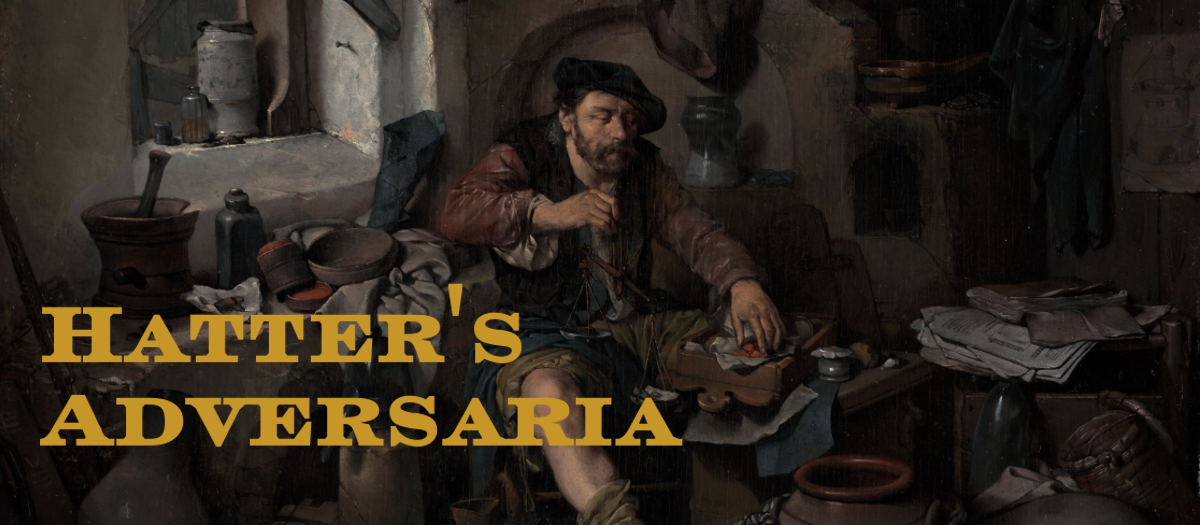This is half a response to a statement I recently read. Half also (the greater half) me taking another opportunity to organize these thoughts and words (this time through Jung). Beginning in the Definitions chapter of C.G. Jung's _Psychological Types_:
|
"IRRATIONAL. I use this term not as denoting something _contrary_ to reason, but something _beyond_ reason, something, therefore, not grounded on reason. Elementary facts come into this category; the fact, for example, that the earth has a moon, that chlorine is an element, that water reaches its greatest density at four degrees centigrade, etc. Another irrational fact is _chance_, even though it may be possible to demonstrate a rational causation after the event. "The irrational is an existential factor which, though it may be pushed further and further out of sight by an increasingly elaborate rational explanation, finally makes the explanation so complicated that it passes our powers of comprehension, the limits of rational thought being reached long before the whole of the world could be encompassed by the laws of reason. A completely rational explanation of an object that actually exists (not one that is merely posited) is a Utopian ideal. Only an object that is posited can be completely explained on rational grounds, since it does not contain anything beyond what has been posited by rational thinking. Empirical science, too, posits objects that are confined within rational bounds, because by deliberately excluding the accidental it does not consider the actual object as a whole, but only that part of it which has been singled out for rational observation." (¶ 774-75) |
And then, the complement that gives the whole of the picture:
|
"RATIONAL. The rational is the reasonable, that which accords with reason. I conceive reason as an _attitude_ whose principle it is to conform thought, feeling, and action to objective values. Objective values are established by the everyday experience of external facts on the one hand, and of inner, psychological facts on the other. Such experiences, however, could not represent objective 'values' if they were 'valued' as such by the subject, for that would already amount to an act of reason. The rational attitude which permits us to declare objective value as valid at all is not the work of the individual subject, but the product of human history." (¶ 785) |
"Beyond" rationality, not "contrary to." The irrational encompasses the whole of being, whereas the rational isolates out of the whole of being, assigning to the thought, feeling, or action an objective value. Nothing is rational unless it is perceived to be so, which is an historical event. When in primitive medicine (say) there is recognized a relationship between a tooth ache and the beak of a woodpecker, that relationship was at that time a rational relationship, even though today it would be considered irrational. The objective value assigned to the relationship in the past is no longer held to be of value: it has fallen out of the realm of the reasonable, replaced by other objective values.
"The earth has a moon" is an irrational statement, there is no rational relationship, no objective value assigned to the statement. We can create a rational context, and describe how it came to be that the earth has a moon (a context that has changed over time as the accepted rational explanations have changed), or we can abstract mathematical relationships in regards to orbits and revolutions and such, but in doing such we are pulling the moon (and the earth) out of the greater context of their being in the cosmos, making of them facts, and putting those facts into rational relationships possessing objective values. That the moon changes in appearance over time, or that Venus appears sometimes in the morning, sometimes in the evening can be set into rational contexts of explanation.
It is only in engaging the morning star and the evening star irrationally, engaging them in their Being in the Cosmos, in their relationship to all things, that _myth_ arises. It is only when the unconscious is engaged that true universality is found. A somewhat ironic term in that that universality is two fold: to one side the universal substrata that lies within the unconscious of all humans, the substrata that has developed over ages of evolution and development; on the other side there is the recognition that an engagement with the unconscious is always experiential, and thus always also personal to the individual. It is universal in its individuality: but then the symbolic is the coincidence of oppositions.
When religious ideas are concreted into rationally held beliefs -- through dogma, tradition, historicization -- is when they lose their universality. However much it might be denied, conscious, rational beliefs are always historical, are always ideological. They have no -- offer no, and permit no -- personal engagement: their objective values which established rational relationships exist outside the domain of the individual. At the most fundamental levels, rationality is the death of spirituality. It is only in the union of the conscious and unconscious, through the self as a psychic entirety, where spirituality can thrive.
